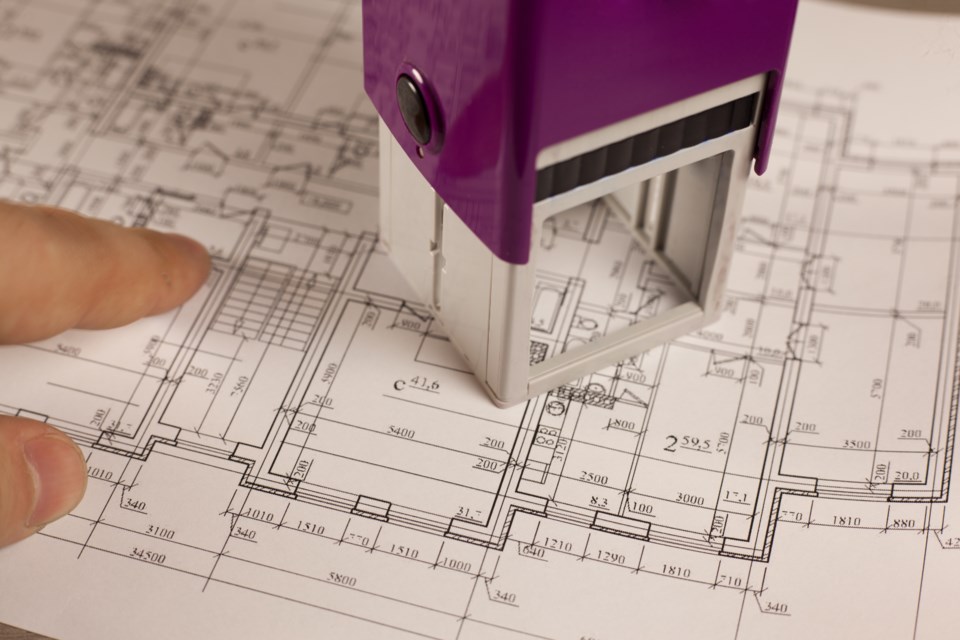In his years working with Permit Services at the City of Guelph, program manager Nicholas Rosenberg has seen people apply for building permits in all kinds of ways, but come Jan. 1 his department will only be accepting applications for permits electronically.
The new policy will require electronic submission for residential, industrial, institutional and commercial buildings in Guelph.
Rosenberg said the groundwork started to be laid for electronic submissions in 2009 when the city created its first online public portal allowing people to make public searches, apply for permits and book inspections.
“That was about 10 years ago and was only for low-rise residential permits, like houses, finished basements, decks — things like that,” said Rosenberg. “ I guess it’s a bit of a change because it is now mandatory, but we have had the groundwork in place for quite some time now.”
Fast forward 10 years and his department is ready to flip the switch to only accepting electronic permit applications.
Last January, the department made it mandatory for home builders to submit electronically. Rosenberg said about 98 per cent of people who use the electronic system for permit applications are okay with it.
Rosenberg said the benefits of moving to electronic submissions include using less paper, increased efficiency and, because it accepts applications 24 hours of the day, it is more convenient for customers.
“The city’s hours are 8:30 to 4:30, so if you have to apply for a building permit and you work Monday to Friday, 9 to 5, it can be difficult to come in to city hall,” said Rosenberg. “This allows you to apply for permits 24 hours a day and book inspections 24 hours a day — from anywhere. It’s more convenient for everyone.”
Drawings submitted electronically will have to be in portable document format (PDF), but Rosenberg said that doesn’t mean the original drawing has to be done on a computer.
“We have never required that people provide (computer-aided drawings) before, but we have always required drawings to be done to scale — like a 10 by 10 deck shown on graph paper 10 squares by 10 squares,” said Rosenberg.
The department will not experience an increase or decrease in staff as a result of the changes, said Rosenberg.
People who don’t have a computer or email will still be accommodated, said Rosenberg.
“Although our messaging is ‘yes, we are going electronic,’ if someone come in to city hall and they can’t do electronic — we will work with them,” he said.
Moving to an all electric sstem has another side benefit.
“Going paperless also avoids us having to store a whole lot of paper — it’s time consuming and storage capacity is definitely an issue,” said Rosenberg.
Over the years he has seen plans come in scrawled on napkins or Post-It Notes.
“We have seen it all,” he said.
